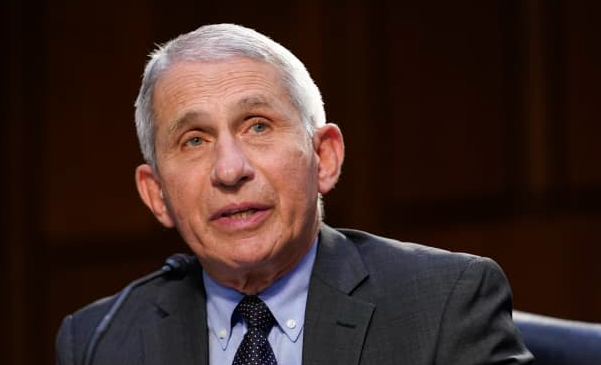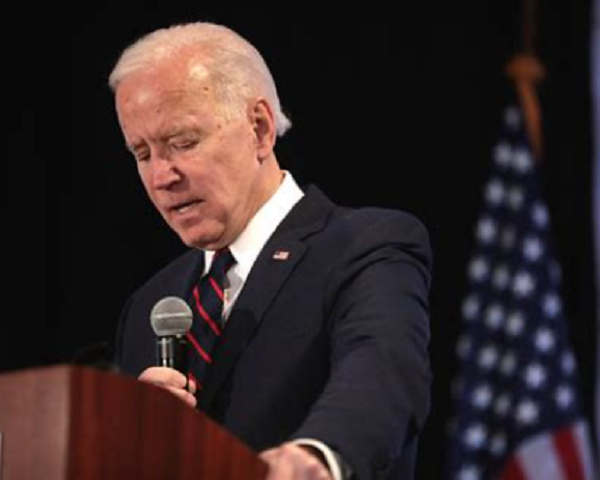Former top U.S. federal health official, Dr. Anthony Fauci, is set to receive the 2024 Inamori Ethics Prize from the Inamori International Center for Ethics and Excellence at Case Western Reserve University.
Fauci, who served as the chief medical advisor to Democrat President Joe Biden, is being recognized for his contributions to ethics. In making the announcement, Case Western Reserve President Eric W. Kaler praised Fauci’s achievements.
“Dr. Fauci has cared not only for the nation’s health but also the health of the world,” Kaler said.
“His leadership through one of the most challenging times in history—the COVID-19 pandemic—serves as a model for us all.”
Throughout the pandemic, Dr. Fauci became a polarizing figure due to several contentious episodes.
In various public statements, Fauci often contradicted his previous guidance on respiratory viruses.
He also openly acknowledged that lockdowns were used as a means of encouraging vaccination, as previously reported.
Fauci’s claims that experimental mRNA Covid vaccines would prevent transmission, despite lacking testing for such a purpose, proved to be ineffective.
For many Americans, “ethics” isn’t the primary association that comes to mind when thinking about Dr. Fauci.
These people work in media corporations that ban dissent. They only "platform" those who affirm prevailing liberal orthodoxies. Anyone who doesn't is a "conspiracy theorist" or "fascist" and excluded.
So they are genuinely ignorant about key facts regarding their propaganda.
— Glenn Greenwald (@ggreenwald) August 1, 2023
Furthermore, emails obtained by House Republicans reveal that Dr. Fauci played a role in initiating the study aimed at refuting the Covid lab leak theory.
Republicans claim that Fauci’s involvement in the study was an attempt to conceal the theory, as he had supported funding for potentially hazardous gain-of-function research in Wuhan.
The study, which Fauci commissioned in 2020, was designed to debunk the lab leak theory rather than conduct a comprehensive investigation into it.
“The authors of this paper skewed available evidence to achieve that goal …” House Oversight subcommittee members said in a memo.
In the previous year, Dr. Fauci made an announcement about his departure from the role of Chief Medical Advisor to the President. He also resigned from his long-standing position as the director of the National Institute for Allergy and Infectious Diseases (NIAID), a role he had held for nearly four decades spanning seven different presidential administrations.
Coincidentally, Fauci’s resignation came shortly before the 2022 elections, a time when it became evident that Republicans were likely to regain control of the House of Representatives and initiate investigations into his actions. He officially left his positions at the end of the previous year, just days before the GOP assumed the majority in the House.
We heard a lot about disinformation during the pandemic.
The greatest purveyor of disinformation by far was Dr. Fauci, and he must be held accountable. pic.twitter.com/VkX9p6Y1iD
— Dr. Simone Gold (@drsimonegold) October 25, 2023
At an earlier point this year, Senator Ted Cruz, representing Texas, made a statement suggesting that Dr. Fauci should face legal consequences, including possible arrest and imprisonment, for allegedly providing false testimony under oath during his appearances before Congress.
Cruz said Fauci “lied repeatedly, over and over and over again.”







